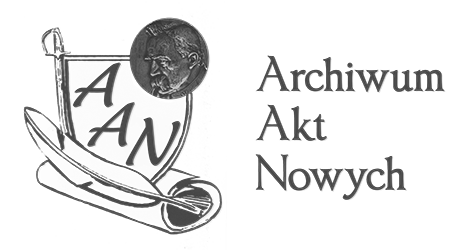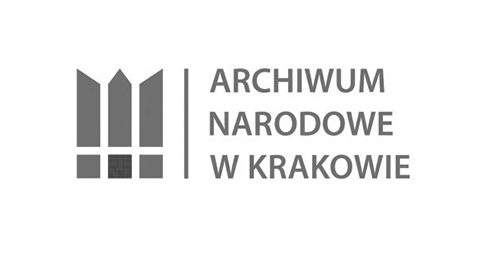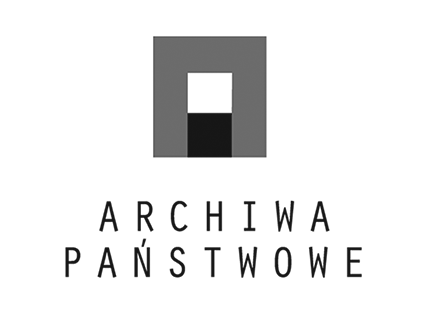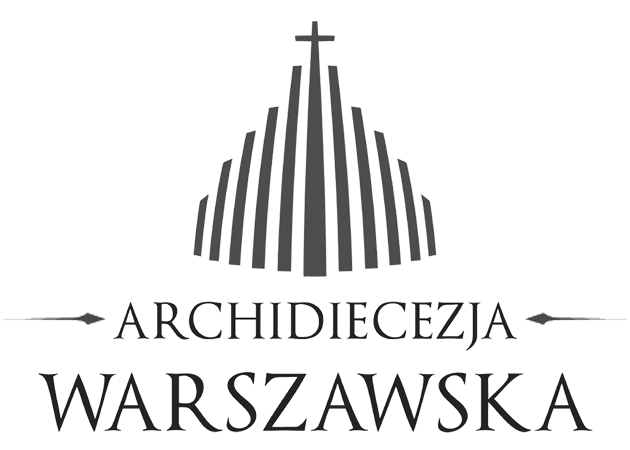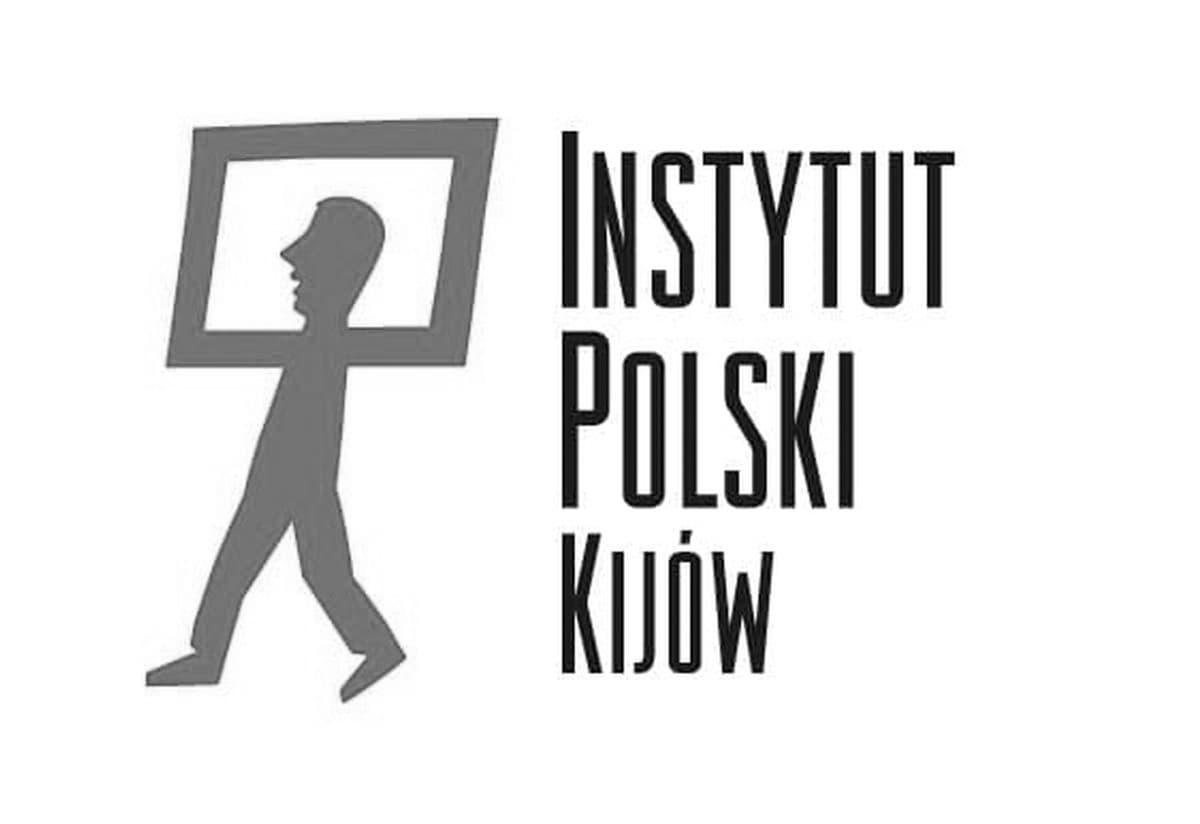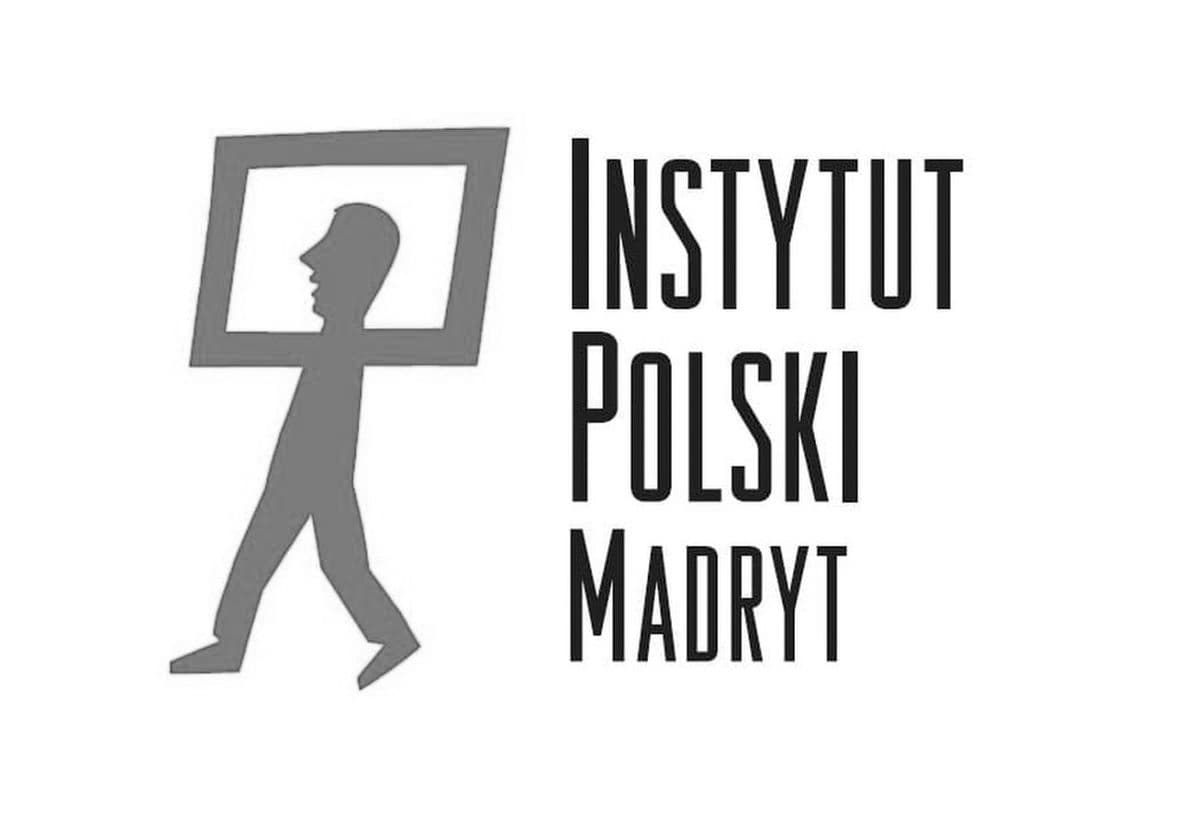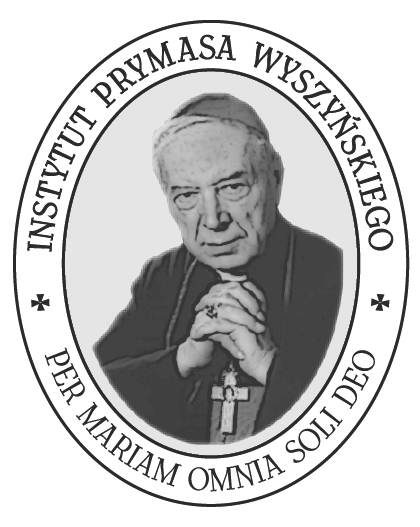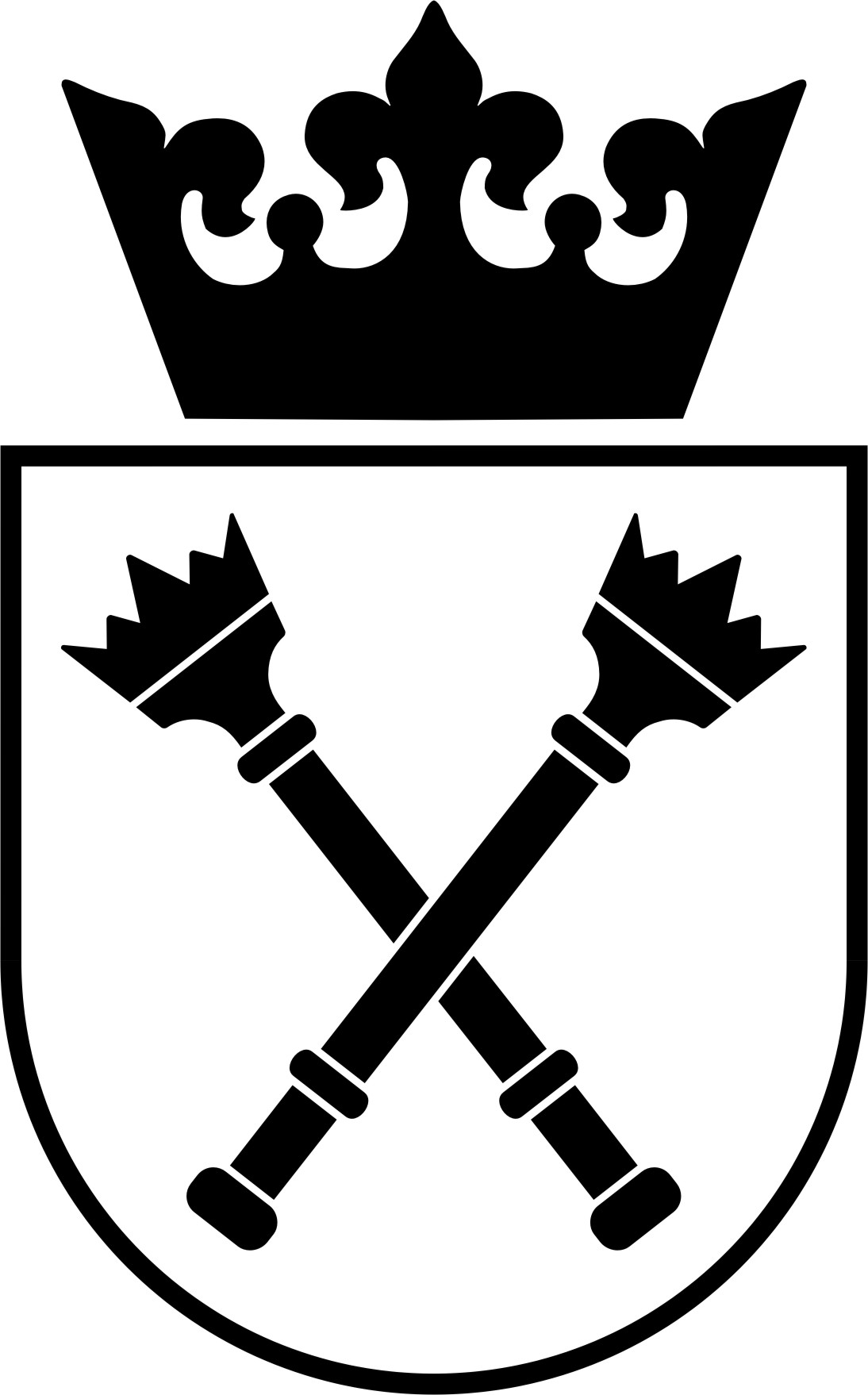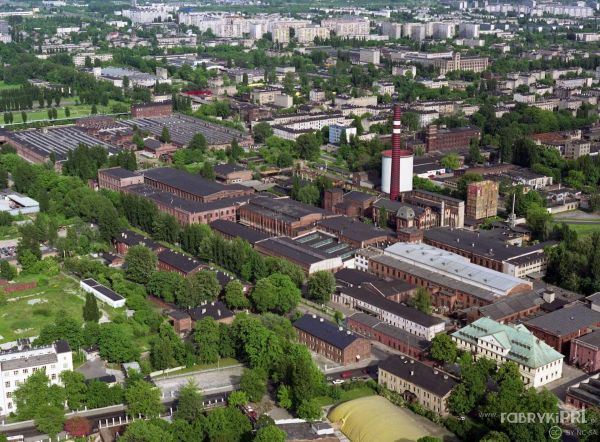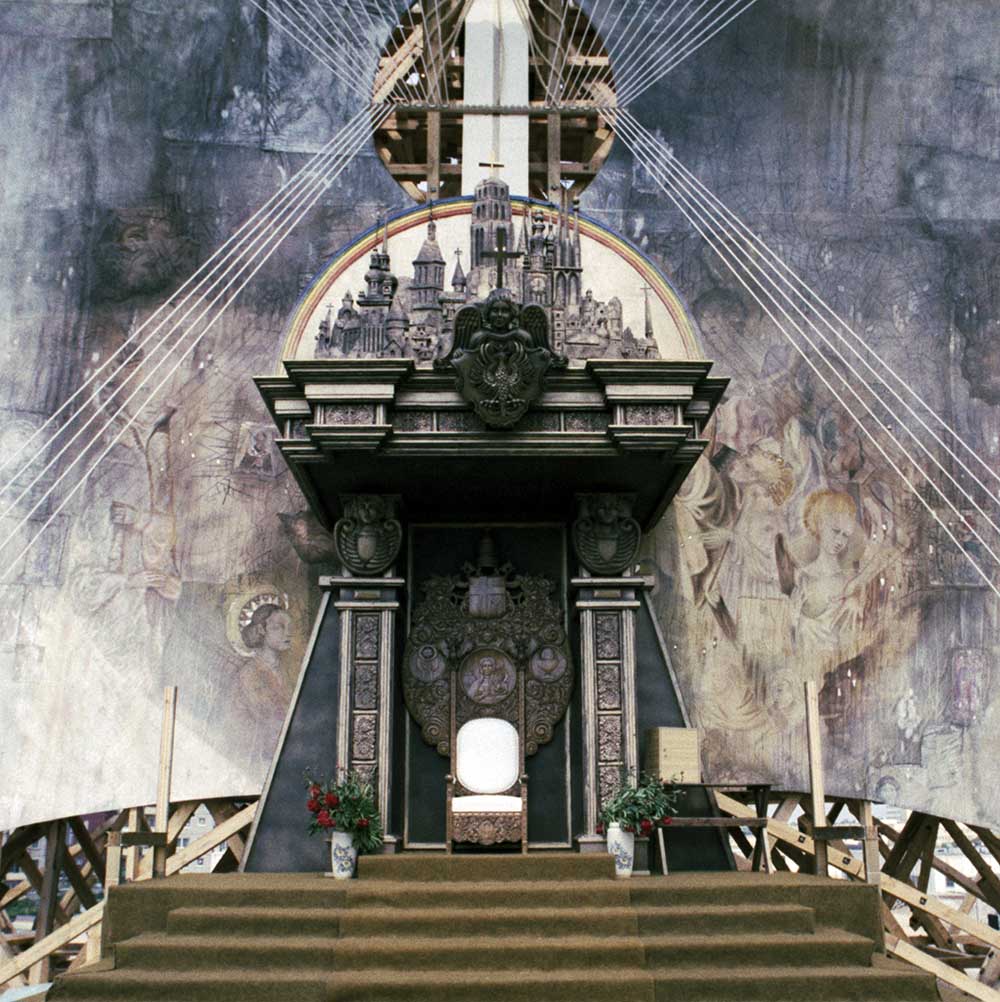Wojtyła's collaborators
“To love a man means to love his vocation”, wrote Wanda Półtawska about her relationship with Karol Wojtyła. In Kraków, Karol Wojtyła's closest collaborators included Półtawska and Hanna Chrzanowska, two women whose vocation substantially inspired the future Pope.
Karol Wojtyla (in the centre) during his conversation with students. Wanda Półtawska on the right-hand side.
Drag timeline
1953
This is probably when Wanda Półtawska's first confession took place with Priest Karol Wojtyła - this is the beginning of their acquaintance.
1956-1957
The collaboration between Wanda Półtawska and Priest Karol Wojtyła, in response to the legal expansion of access to abortion. Półtawska creates the home for single mothers.
1957
Hanna Chrzanowska starts to organise parish nursing units in Kraków and in the entire archdiocese. During this time, she meets Priest Karol Wojtyła who helps her raise funds.
1960
Bishop Karol Wojtyła publishes the book “Love and Responsibility”. Wanda Półtawska had a great influence on the content of the work.
1964
Bishop Karol Wojtyla is pre-consecrated as the Archbishop Metropolitan of Kraków. Hanna Chrzanowska and Wanda Półtawska are among his closest collaborators in pastoral work in the archdiocese.
1965
At the request of the Archbishop Karol Wojtyła Chrzanowska is awarded the Pro Ecclesia et Pontifice order by Pope Paul VI.
1967
Archbishop Karol Wojtyła founds the Institute of Family, which operates in close relationship with the Faculty for the Pastoral Care of Families and the Faculty of Theology in Kraków. Wanda Półtawska is appointed as the head of the institute.
February 1968
The so-called Kraków memorandum entitled “Rationale of Catholic teaching on the moral foundations of married life” is sent to Pope Paul VI. Wanda Półtawska participates in the work of the team appointed by Archbishop Karol Wojtyła in order to convince the Pope of the need to preserve traditional Catholic teaching on contraception.
1972
The Pastoral Synod of the Archdiocese of Kraków begins, which is to implement the resolutions of the Second Vatican Council in the Archdiocese. Hanna Chrzanowska, as an excellent expert in the documents of the Council, becomes involved in its work.
29 April 1973
Death of Hanna Chrzanowska. The funeral ceremony is led by Cardinal Karol Wojtyła.
You are the professionals
“We enter - you can't see anything through the smoke, just a dog throwing itself at us. After a while we spot a hedgehog-haired creature with a face literally blackened by dirt in a barn. All scabbed over. The only heating in winter - the dog on the bed. The nurse found her by accident”.
Hanna Chrzanowska, a nurse and social activist from Kraków, now the blessed of the Catholic Church, compiled several similar shocking stories from her notebook. She went to meet Priest Ferdynand Machay, the parish at St Mary's parish, to convince him of her vision of caring for the sick - home nursing. The State did not want to give her support, so she decided to try with the Church. However, her vision was innovative. Chrzanowska had already learnt that she can also encounter resistance in the Church.
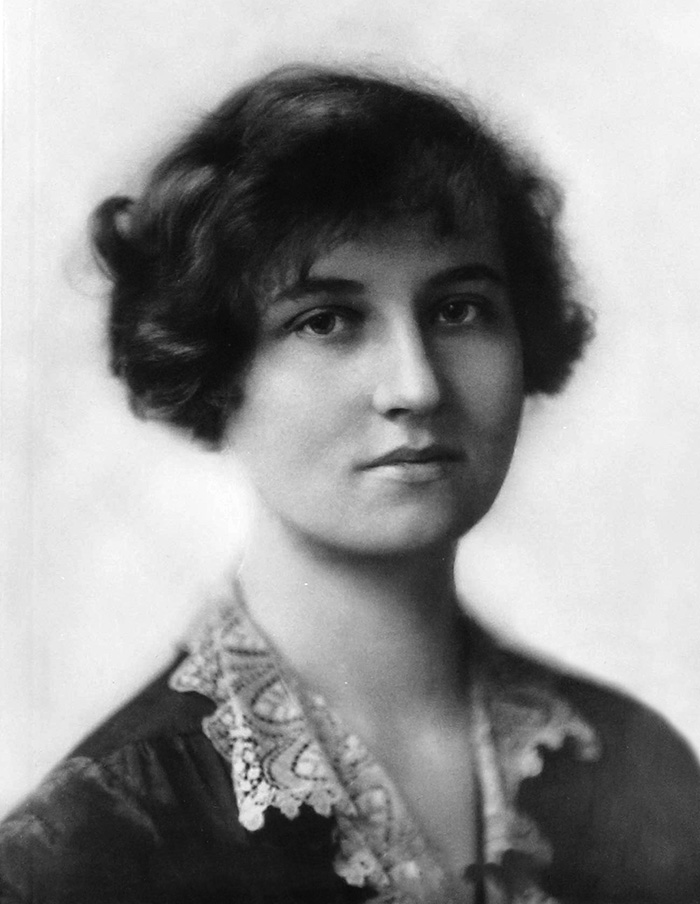
Hanna Chrzanowska in her youth
Things that are equally dear
“A poor, twisted creature - an egocentric hysteric who, unable to support her husband (who cheats on her), subconsciously escapes into illness. (...) I listened and listened, patiently holding her hand - what a poor woman. Not the poverty that falls on man and somehow even lifts him up, but the poverty that destroys man from within (...)” - Wanda Półtawska wrote in her diary, later published in the volume “Beskidzkie rekolekcje” [Beskid Retreats].
Rescuing broken people had become her life's goal. Even her stay in Ravensbrück concentration camp, where the Germans subjected her to cruel medical experiments, did not break her. After the war, she tried to help people discover their own humanity who, because of their stay in concentration camps, began to doubt humanity in general. She was particularly committed to helping people experience their sexuality in a mature way - in marriage counselling and in the fight against abortion. She gained scientific knowledge and great medical experience in this field, which Wojtyła was able to exploit.
This is your vocation!
When Wojtyła became archbishop, he immediately entrusted Półtawska with the function of chief advisor in family pastoral ministry. Półtawska threw herself into her work: “It's slipping out of my hands, too many human issues!”, “I have to check, chase and make sure. I'm so much more active than I've ever been, I'm working without any breaks”.
She was Wojtyła's expert on sexual ethics, supporting him from the scientific side. In 1960, he published “Love and Responsibility”, the book based on the philosophy lectures he had delivered at the Catholic University of Lublin. This ethical study of love and marriage contains many scholarly passages from the field of sexology and the inclusion of a female perspective is striking. Półtawska could have helped Wojtyła a lot in creating this work, revolutionary for those times. In addition, together with Półtawska, Wojtyła undertook other activities. He included her in the team preparing a memorandum for Pope Paul VI on contraception. At his request, she prepared a programme of counselling for married couples in the Archdiocese of Kraków and conducted training for volunteers in counselling centres. Together with her, he founded the Institute of Family, an academic research branch dealing with family pastoral care. Wanda Półtawska delivered speeches at seminars and conferences, provided joint lectures to students of theology and medicine, created materials for young people on the difficulties of adolescence and wrote several textbooks. When Wojtyła was elected the Pope, 82 family counselling centres were already operating in the Archdiocese.
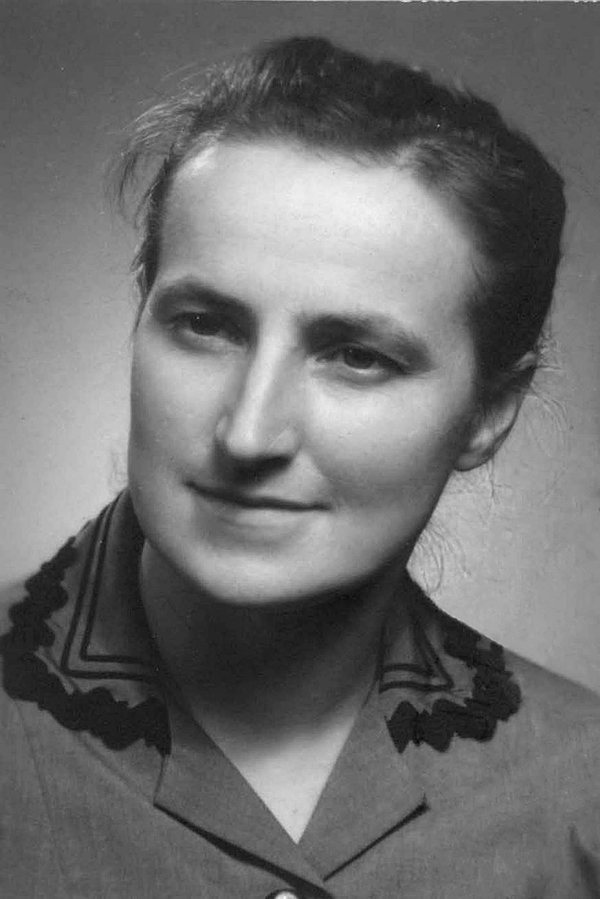
We need you very much
“You provided an enormous help and support to me. (...) we thank the God that you were among us (...), with this inner peace and at the same time with this inner heat” - Hanna Chrzanowska was farewelled by Cardinal Karol Wojtyła during her funeral in 1973. Półtawska was almost the Pope's peer and they loved each other like brother and sister. Chrzanowska was 18 years older than Wojtyła, so she could have been as the “Auntie” for him - as for her co-workers. He learned a lot from her. She led him to repulsive places, to the neglected homes of lonely dying people. During the Lent of 1960, they visited several dozen sick people together. Chrzanowska also organised the arrival of the sick to the parish during bishop's visits. Wojtyla was extremely responsive to the suffering, yet from that nurse he learned to recognise their needs better.
The Apostleship for money
Hanna Chrzanowska put a lot of effort into organising volunteering, but the real foundation of her concept was her professional work. “A parish caregiver, or a nurse is an employee who is engaged and paid by the parish priest” - this short sentence, which is the basis of the idea of parish nursing, raised much controversy. In the Church, the care of the sick was understood to mean spiritual assistance, so above all assistance in receiving the sacraments as well as being present with the sick. The focus was necessarily on the believers who wanted to receive the sacraments as well as on the poorest people. Hanna Chrzanowska's concept was very innovative: go to everyone - regardless of faith and material status - who needs help in sickness and old age. Care had to be of the highest possible standard, and this required full-time lay people - and therefore paid work. Obviously not paid by the sick but by the parish priest. Voices were raised in the Kraków Church that this would pose a risk of secularisation of the ministry. The fears were unfounded - Hanna Chrzanowska's first and foremost aim was the salvation of her patients but the Apostleship, in her opinion, should consist mainly in the testimony of patient care.
Will I be fit for it?
“A young girl came to me, 18 years old, living with a man 15 years older than her. Today he had got drunk and kicked her, she came in bloodied, her face swollen, her lip cut, her hair stuck together (...). I said nothing, stroked her short-cropped head and prayed to her patron saint. It was a strange doctor's visit”, Wanda Półtawska wrote in her diary. Even if many remembered her as an arrogant, harsh woman, her tender concern for others was the main driver of her work. Even more fundamental to her commitment was the conviction that she was fulfilling the God's will: “I think with gratitude of God for making me necessary!” - she wrote.
Likewise Hanna Chrzanowska: “Enormous suffering lies at the root of my present (...) work “, she wrote to Wojtyła. There was a man in her life whom she loved and who loved her. She could have gone to live with to him, but she renounced it. “I want to clarify: I did not renounce for this job (...), nor for any other, but only for the God Himself. (This work - the most beloved of all others - is perhaps the reward. I don't know)”.
The irresistible desire to help others and the conviction of being called to this work by the God meant that both of these collaborators of Wojtyła were prepared to do almost miracles in order to make their work as effective as possible and to attract as many people as possible into it. According to Półtawska, competence is of secondary importance, since a person “attracted” to serve others is ready to learn many things. She was annoyed by people saying “not fit”. “What do you mean, why shouldn't you be able to do it? According to Półtawska, it is possible to find such a place for everyone, where he or she will be useful and where the maximum potential can be released from him or her. You just have to “attract” him or her and this is only possible if you show the right values.
Likewise Hanna Chrzanowska: “Enormous suffering lies at the root of my present (...) work “, she wrote to Wojtyła. There was a man in her life whom she loved and who loved her. She could have gone to live with to him, but she renounced it. “I want to clarify: I did not renounce for this job (...), nor for any other, but only for the God Himself. (This work - the most beloved of all others - is perhaps the reward. I don't know)”.
The irresistible desire to help others and the conviction of being called to this work by the God meant that both of these collaborators of Wojtyła were prepared to do almost miracles in order to make their work as effective as possible and to attract as many people as possible into it. According to Półtawska, competence is of secondary importance, since a person “attracted” to serve others is ready to learn many things. She was annoyed by people saying “not fit”. “What do you mean, why shouldn't you be able to do it? According to Półtawska, it is possible to find such a place for everyone, where he or she will be useful and where the maximum potential can be released from him or her. You just have to “attract” him or her and this is only possible if you show the right values.
Ethos
“My work is not just a profession, but a vocation. I will understand this vocation if I penetrate and assimilate the words of Christ: I did not come to be served, but to serve” - this is how “A nurse's account of conscience” prepared by Hanna Chrzanowska starts. The values proposed by her and by Półtawska were not easy. Perhaps that is why they were able to attract so many people to work with them.
“Did I overtire myself by engaging too much?”, “Do I neglect my family responsibilities for professional work?” - the questions of the examination of conscience continue. Both women worked beyond human strength, both appreciated the value of rest, especially in the mountains where they enjoyed hiking. Chrzanowska had no children, while Półtawska had four. Her notes show a great fear that she was neglecting them through her professional obligations.
“Was I diligent in my reporting?” - Chrzanowska fought for order at work until the end of her life, but she knew that proper record-keeping was as important as caring for the sick. “Doesn't he treat the sick as numbers, disease cases, forgetting the personality of each of them?” - in the records of both women, even the most laconic, you can see the concern for the fate of each patient.
“Am I not working for effect, for praise?”, “am I not discouraged in this work?”, “am I trying to upgrade my own education?”, “did I work without complaint despite my low pay?”, ”wasn't I offended, irritable, petty?”.
Sources
Audio Records
Documents
Audio Records
Event Place
Choose location...
Kraków
Keywords
Connected materials:
Project implemented by: 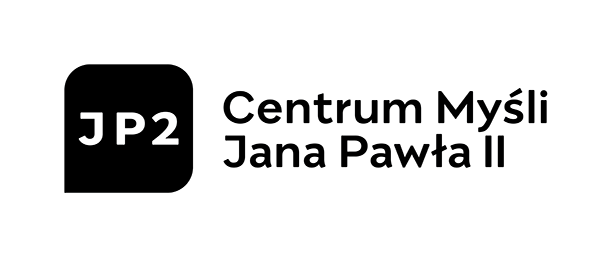

Project co-financed by: 

Patronage: 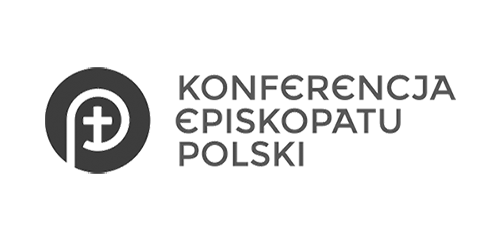

Partners: 